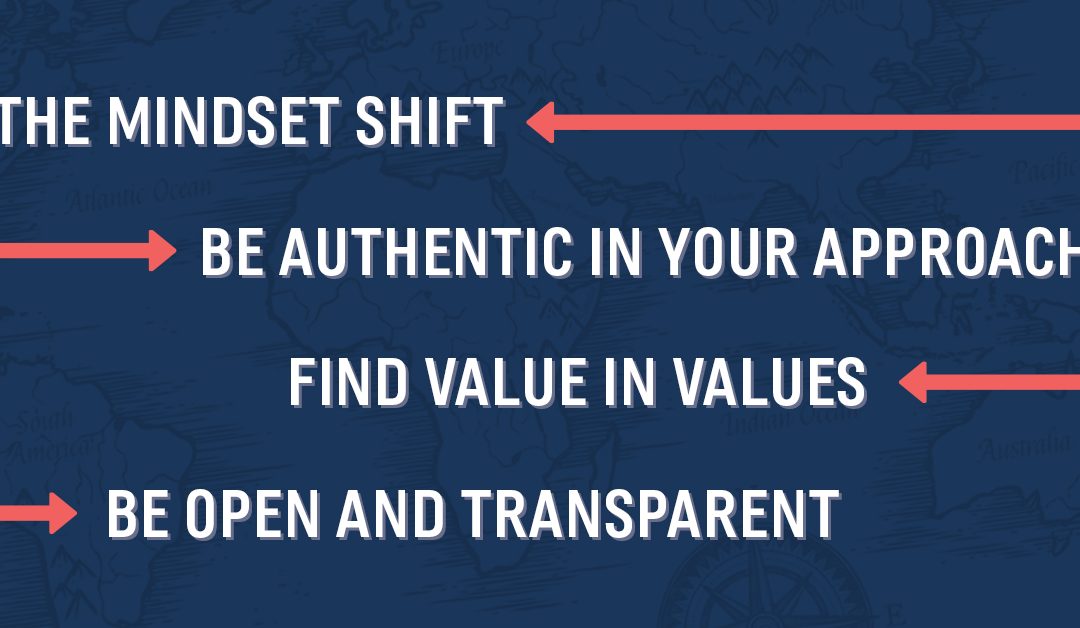Picture this, you have been working towards promotion for 12 months. You have executed your projects to a high standard and delivered on time. You have immersed yourself in your role and become a master at what you do. You have even taken on extracurricular activities to gain more experience.
It pays off, you get promoted to the manager of your department and you are elated. The hard work and persistence was well worth it. You dive into your new role. You engage with your once-peers now as a manager, setting goals, tasks and projects to achieve. You are kicking goals!
After a few weeks or months, things start to become more challenging. You notice that you are overwhelmed with tasks. You’re handling multiple conflicting priorities. Time is seeming to move too fast. You were the master of your role before, so people come to you for answers and solutions causing constant interruptions. On top of that, you also have to engage a team to action on other items and tasks. You’re spending 90% of your time doing your old role and 10% of your time trying to make space to do your new role. You’re exhausted.
Sound familiar? This experience isn’t unique. Most new managers will go through something similar to this scenario.
We work so hard to achieve that promotion and move into that next phase in our career. When we get there it’s amazing and we push through even more. We get so caught up in the reactiveness and the turnaround, that we end up doing more of the same thing. It becomes so overwhelming that sometimes, even years later, we look back and find that we still have not actually transitioned. We are still doing our old role with the aspiration of achieving the expectations of the new one.
Why do we all get caught up with the same problems? What might be missing from this all too common scenario? We know from our own experiences, that when we shifted from individual contributors to a manager, our biggest challenge wasn’t understanding the tasks and projects. We knew how to do this inside out. Our biggest challenge was how we move with the role. How do we step away from our old role and embrace the new boundaries of our management role?
When we move from an individual contributor to a manager we shift more than just our title and accountability. We have to think about how we interact with people and the expectations of our new role. This can be daunting and requires effort. We sometimes push it to the end of the to-do list because change is hard, and doing more of the same thing seems to be easier. It’s not.
Here is why. In order to effectively move from an individual contributor to a manager, you must set clear expectations and boundaries. These expectations are set with yourself, your management team, your peers, and your new team. Setting clear boundaries will set you up for success. Allowing you to focus clearly on actionable items and tasks without creating the ‘new manager burnout’.
Here are a few tips to help you as you start your journey.
1. The Mindset Shift
The most common area new managers miss is how to say no and set new boundaries. The easiest way to do this, and stick to it, is to create a list of old expectations and new expectations. Then cross out all of the items you need to let go of in order to flourish. These become your new boundaries.
In your new role, it’s likely you will be asked to do more of the same tasks from before you were promoted, a habitual cycle. You may like to engage with your previous and existing stakeholders to define the new parameters. Further, work with your manager or leadership team to discuss how to delegate tasks. Include succession planning or upskilling of others in the business in this conversation.
2. Be Authentic in Your Approach
Do not copy someone else’s management approach. We have all seen what happens when we try to be someone else. There is a famous quote by Oscar Wilde – “Be yourself; everyone else is already taken.” Find your authentic approach to management, if you don’t know what that is, take a course that will help you make an informed decision.
3. Find Value in Values
Do some self-exploration and connect to your personal values. There is value in living in alignment with your values. Value alignment means that you’re more likely to be inclusive, compassionate, ethical and just in your decision making and management journey.
4. Be Open and Transparent
People can tell when others are hiding information or competency. Find yourself a great mentor to bounce situations and ideas off. Ask for help when you don’t know how to overcome an issue or topic. Seek feedback wide and broad to gain perspectives and insights.
Being a manager is a rewarding position that provides amazing opportunities and growth. If you would like to manage with confidence, reach out to the Red Wolf Group Team for more information.
